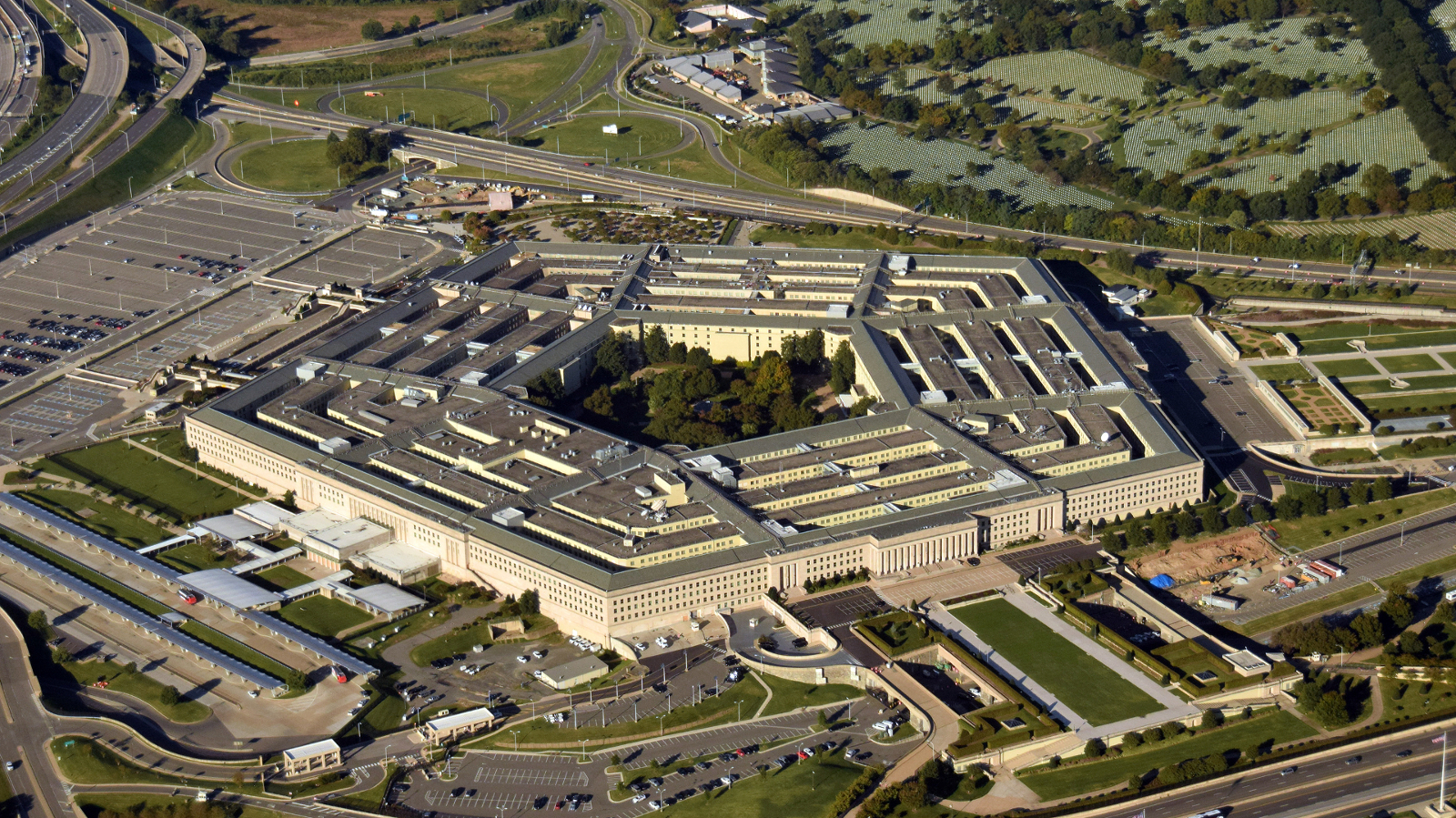Tag: United States


Would a “national divorce” lead to more individual liberty?
January 9, 2024 | Post
As the United States finds itself in the throes of increasing political polarization, the idea of a “national divorce” has gained traction, particularly within the liberty movement.
Advocates argue that splitting the nation into independent states could enhance individual liberty, allowing citizens to align with governments that reflect their values.
However, opponents contend that such a move could lead to fragmented anti-liberty measures and weaken the nation’s collective defense of individual rights.
Let’s delve into the key arguments for and against national divorce, exploring whether such a division would truly be conducive to individual liberty.

Has interventionism jeopardized America’s future?
February 13, 2023 | Post
President Washington famously warned against entangling alliances in his farewell address to Congress. But now more than ever, it seems that escalations across the globe are tempting the United States to become increasingly involved in other countries’ dilemmas. American citizens and legislators must remember part of what made the American experiment so unique and resist the temptation of interventionism. Here’s why…

Which states accept out-of-state medical marijuana cards in 2023?
January 10, 2023 | Post
Which states allow for the use of out-of-state medical marijuana cards in 2023? Learn about the process involved in obtaining a card and the different state regulations individuals must then navigate…

Here’s why population growth is an opportunity, not a threat
November 18, 2022 | Post
The United Nations recently announced that the world’s population is now estimated to have reached 8 billion — up from 7 billion as recently as 2011. This latest milestone has seen renewed alarmism from those who believe that the planet is already overpopulated.But is population growth really such a threat to humanity? There are many reasons to believe that, quite the opposite, population growth actually amplifies opportunities for tackling humanity’s greatest challenges.

National divorce is not a pro-liberty solution
July 21, 2022 | Post
It’s time for a broader discussion about why national divorce is not a pro-liberty solution. Fundamentally, for any change in the structure of government to be pro-liberty, it must move us towards more individual liberty, not away.

How birthright citizenship made America great
March 19, 2017 | Post
Birthright citizenship aids both the assimilation and acceptance of immigrants and is largely responsible for our successful history of economic and cultural integration.

